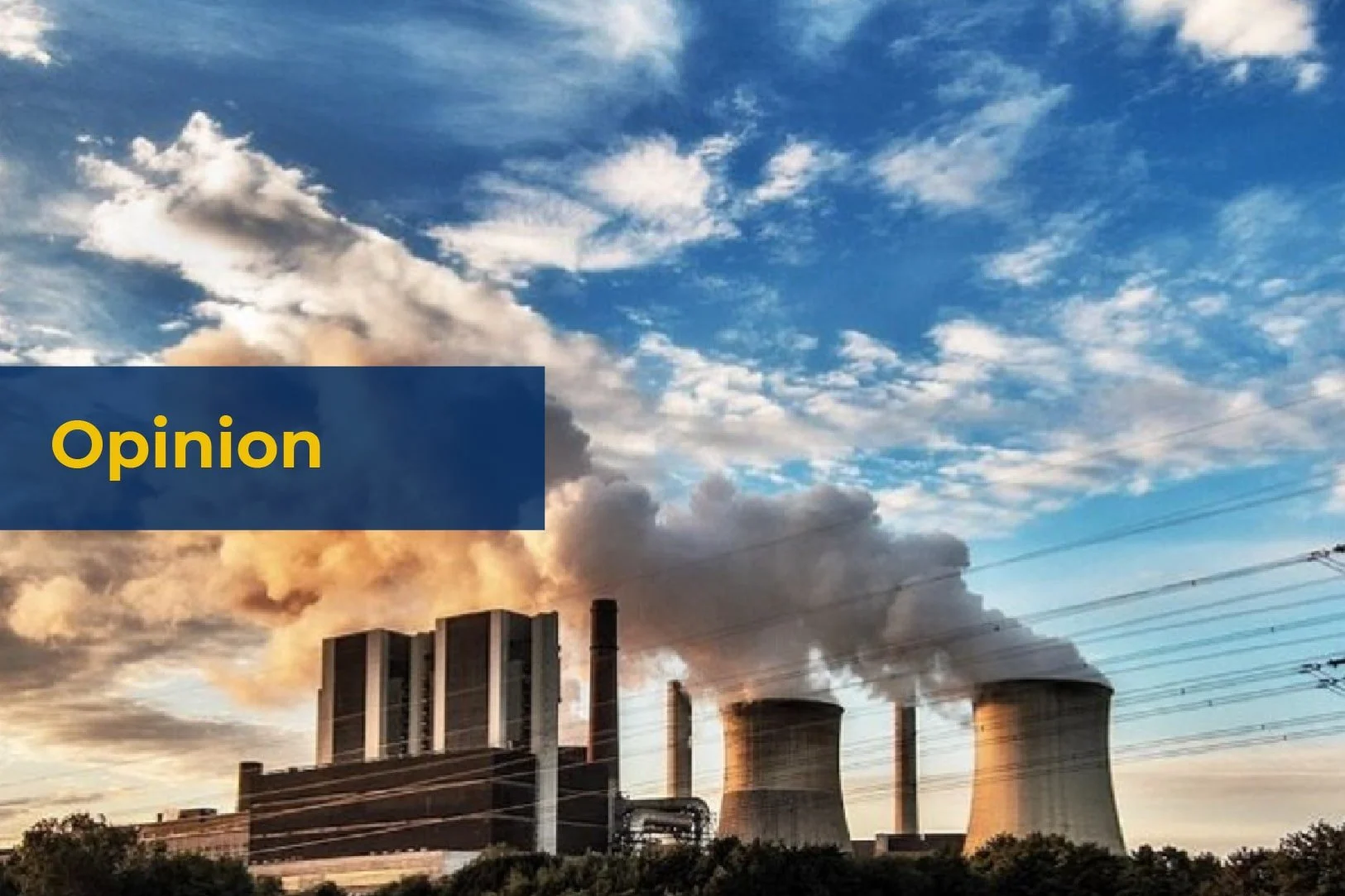Carbon Credits: Ghana’s Quiet Climate Revolution
The global energy transition is no longer about aid for Africa. It is a negotiation with Africa. Ghana, the continent’s quiet pioneer, is now at the bargaining table, armed not with oil but with carbon. For decades, African countries were passive participants in climate finance, reliant on donor-driven programs. Ghana is proving that narrative can be rewritten. Through policy clarity, institutional rigor, and strategic engagement with international partners, the country is turning carbon credits into a tool of economic sovereignty.
In Ghana, carbon credit activity is already underway through initiatives such as clean cookstove distribution, solar mini-grids, and other renewable energy projects. The country has also signed landmark bilateral agreements with Sweden, and Singapore under Article 6 of the Paris Agreement, enabling the transfer of internationally recognized carbon credits. These agreements highlight both investor confidence and Ghana’s growing institutional credibility in building a transparent and verifiable carbon market.
Unlike oil, whose price swings can destabilize fiscal planning, carbon credits offer predictable performance-based revenue streams. Ghana’s pivot from hydrocarbons to carbon finance is not abandonment; it is strategic diversification. Carbon revenue can hedge against stranded assets, support renewable infrastructure, and provide a buffer against oil price volatility. This is how Ghana is de-risking its energy portfolio while preparing for a post-oil economy.
Central to this effort are the Carbon Markets Office and the Ghana Carbon Registry, reinforced by the EPA Act 2025. These institutions ensure transparency, compliance, and long-term stability. Every credit is verifiable, giving investors confidence. Scaling these projects requires investment in digital Monitoring, Reporting, and Verification (MRV) platforms, third-party audits, and institutional capacity building. Ghana’s success lies in combining legal clarity, technical infrastructure, and proactive policy engagement.
The economic potential is substantial. Analysts estimate that Ghana’s carbon credit market could generate over $1 billion by 2030, funding $9.3 billion in NDC mitigation targets. Revenues can support industrial diversification, youth employment, and renewable energy infrastructure. For investors, the proposed Ghana Carbon Bond could anchor a green yield curve, offering sovereign-backed exposure to Africa’s climate economy with risk-adjusted returns. This idea builds on Ghana’s early steps in green finance: in 2021, the IFC partnered with Ghana’s Securities and Exchange Commission to establish a green bond framework, laying the groundwork for climate-aligned financial instruments.
The human impact is real. Technicians install solar panels for off-grid irrigation. Auditors verify emission reductions. Logistics teams manage supply chains. These roles provide youth with both income and skills, linking climate action directly to livelihoods. Each verified carbon credit is not merely a number on a ledger; it is a measurable improvement in lives and communities across Ghana.
Critics point to market volatility and greenwashing. They question whether revenues will be fairly shared or whether projects can consistently meet verification standards. Ghana has addressed these concerns with rigorous MRV systems, transparent revenue frameworks, and institutional capacity building. Its credibility is further underpinned by results: under the World Bank’s REDD+ program, Ghana has already received $4.86 million for verified emission reductions of nearly one million tonnes of CO₂. Risks remain, but the architecture is designed to safeguard trust and sustain growth.
Ghana’s strategy stands out in Africa. While Nigeria grapples with subsidy reforms and Angola pursues post-oil diversification, Ghana is quietly leapfrogging into the future, using carbon finance not as a supplement but as a sovereign strategy. Kenya leads in renewables, but Ghana combines environmental ambition with economic planning and institutional rigor in a way few nations have attempted.
The next phase requires strategic scaling. Ghana should launch a Ghana Carbon Bond, the first of its kind in Africa, backed by projected carbon credit revenues. This bond would mobilize domestic and international capital, signaling to global markets that carbon finance is central to national development. Beyond climate projects, it could fund green industrial parks, renewable energy infrastructure, and technology adoption, linking carbon finance to Ghana Beyond Aid and broader industrialization objectives.
Carbon credits? They are no longer just about cutting emissions. They are Ghana’s ticket to rewriting the rules of development. The question is not if Ghana will lead but how strategically and rapidly it will scale this opportunity. With rigorous policy, strong institutions, and instruments like the Ghana Carbon Bond, carbon finance can move from a niche experiment to a cornerstone of national prosperity.
Ghana is quietly engineering a climate finance revolution. The world is watching. Investors are paying attention. And the story is only just beginning.
Written By: Fredrick Owusu
Associate Editor, PetroPulse.

